Facing an order of protection can be a horrible experience, especially if you believe it’s unjustified. Knowing how to challenge such an order is crucial for protecting your rights.
Can You Challenge an Order of Protection?
In Illinois, challenging an order of protection is possible, but it requires understanding the legal process and your rights. This guide explains:
- The nature of an order of protection
- Grounds for challenging an order of protection
- The legal process for challenging the order
- The role of a lawyer in this process
- Potential outcomes of challenging an order of protection
Let’s take a closer look at each of these points.
The Nature of an Order of Protection
An order of protection is a legal document issued by a court to protect individuals from abuse, harassment, or violence, typically in domestic situations. It can impose various restrictions on the person it’s issued against, such as no contact with the petitioner and staying away from certain locations.
Related: Domestic battery criminal defense
Grounds for Challenging an Order of Protection
You can challenge an order of protection if you believe it was wrongly issued or based on false allegations. Common grounds for challenge include lack of evidence, false accusations, or a misunderstanding of the situation that led to the order.
The Legal Process for Challenging the Order
Challenging an order of protection involves a legal process where you present your case to a judge. This usually occurs during a full court hearing, where both parties have the opportunity to present evidence and arguments. It’s important to adhere to all legal procedures and deadlines in this process.
The Role of a Lawyer in This Process
Having a lawyer may benefit you when challenging an order of protection. A lawyer can help you understand your rights, gather and present evidence, and represent you effectively in court. Their expertise can be invaluable in navigating the complexities of the legal system.
Potential Outcomes of Challenging an Order of Protection
The outcomes of challenging an order of protection can vary. The order may be modified, extended, or dismissed, depending on the evidence presented and the judge’s decision. A successful challenge can result in the removal or reduction of restrictions imposed by the order.
FAQ About Challenging an Order of Protection
Here are some commonly asked questions about challenging an order of protection
What Should I Do If I Receive an Order of Protection?
If you receive an order of protection, it’s important to comply with its terms and seek legal advice immediately.
Related: Can your ex use a domestic battery charge against you in a custody case?
How Long Do I Have to Challenge an Order of Protection?
The time frame to challenge an order of protection can vary. It’s important to act quickly and consult with a lawyer to understand the specific deadlines in your case.
Can an Order of Protection Be Modified?
Yes, an order of protection can be modified based on new evidence or changes in circumstances.
What Happens If the Order of Protection Is Dismissed?
If the order of protection is dismissed, the restrictions imposed by the order are lifted, and it’s no longer enforceable.
Related: Is fighting with an adult sibling considered domestic violence?
How Can a Lawyer Help in Challenging the Order?
A lawyer can help by developing a legal strategy, gathering evidence, and representing you in court to challenge the order effectively.
Challenging an order of protection in Illinois requires a thorough understanding of legal procedures and your rights. With the assistance of a lawyer, you can navigate this process more effectively, working toward a resolution that protects your rights and interests.
Do You Need to Talk to an Attorney About Domestic Battery Defense?
If you need to talk to a domestic battery defense attorney in Illinois, we’re here to help. Call us at 847-920-4540 now – we’ll be happy to give you a free consultation and talk to you about your options.

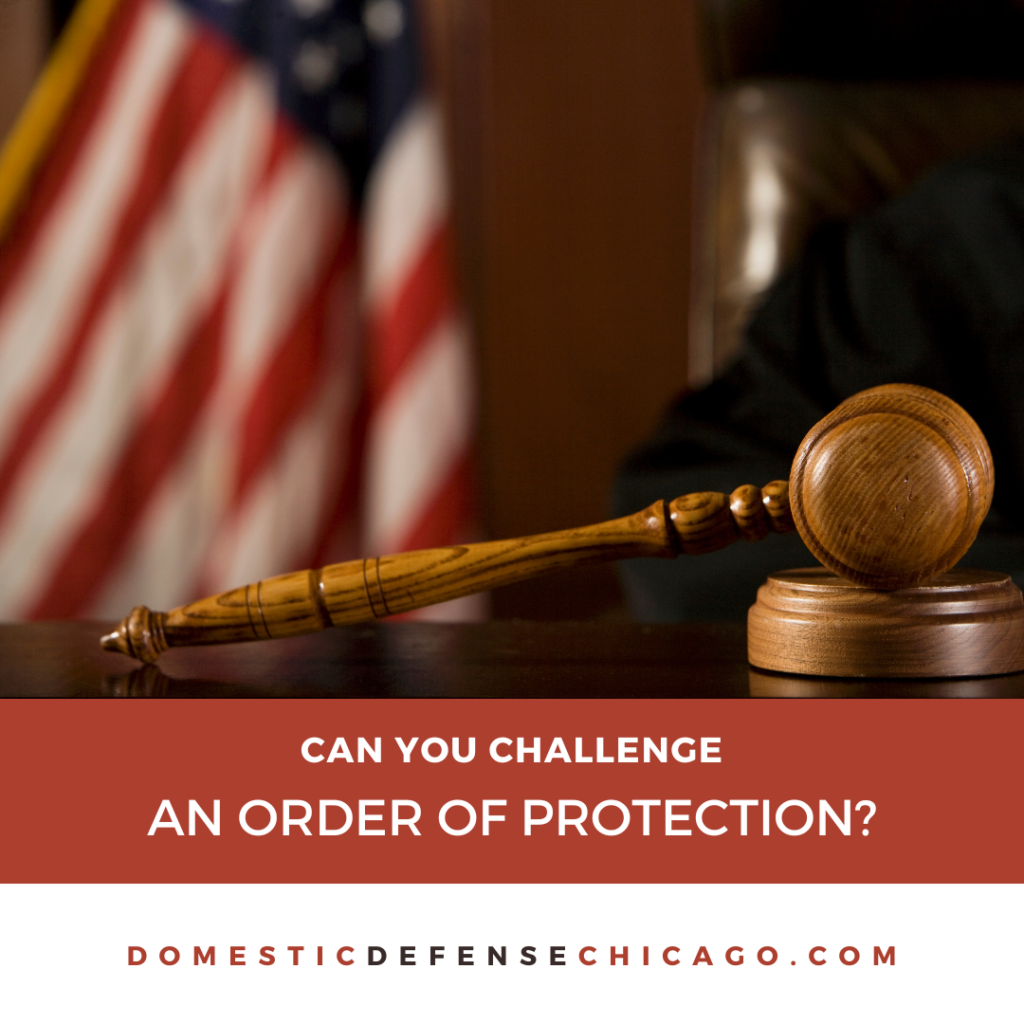
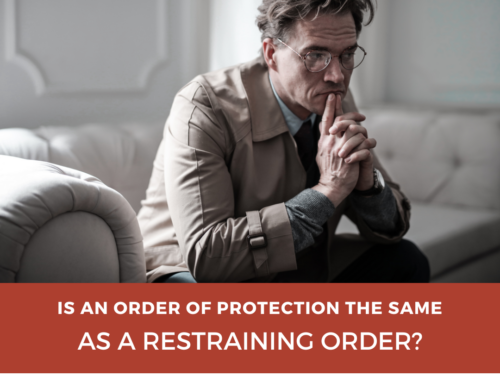
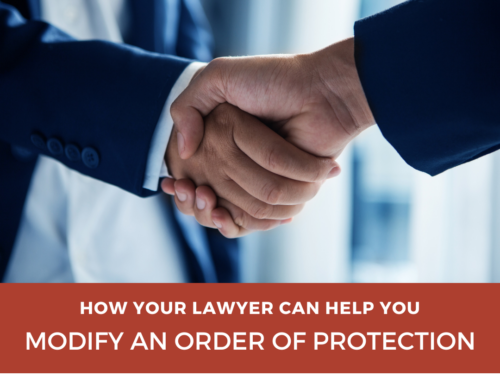
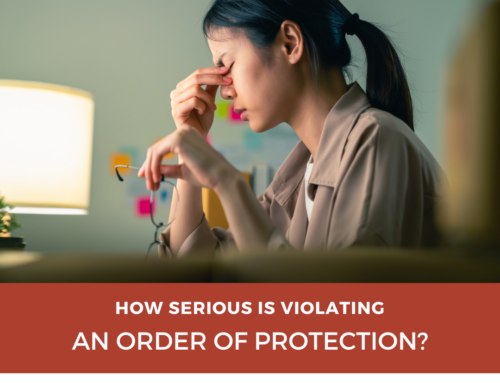
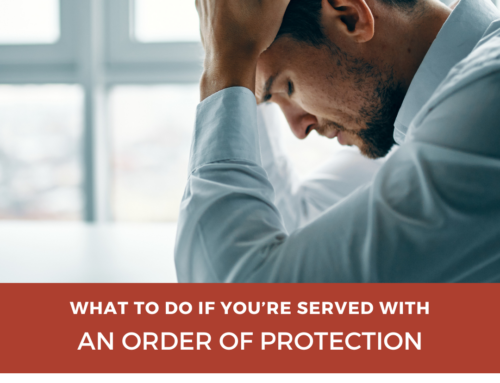

Leave A Comment
You must be logged in to post a comment.